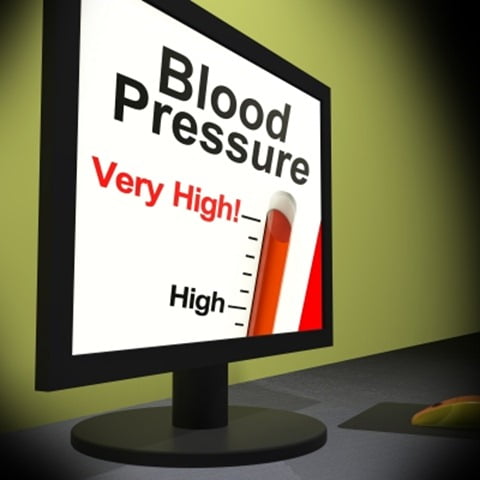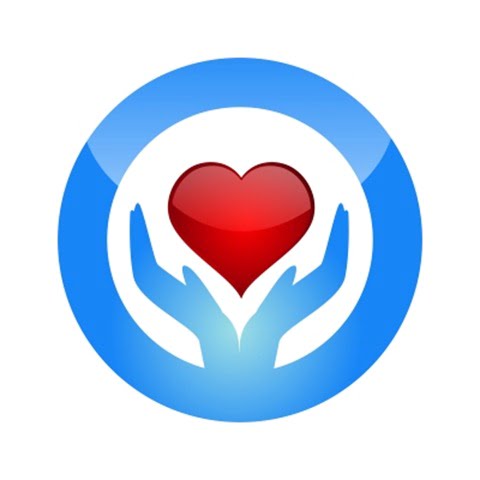This post focuses on the stress which is indirectly/directly leading to heart disease. Information and tips on stress management.
In this century stress is one of the major problems that are causing heart disease. With increased technology there are some disadvantages as well as advantages. India is one among the developing countries with number people getting heart diseases increasing continuously.
Medical researchers are not sure how stress contributes to heart disease. Stress is part of everyone’s life. Then why does stress causing risk of heart disease?
Stress is a part of life, but if it is left un managed it can cause physical, emotional and psychological problems, which in turn lead to heart attack and cardiovascular disease.
What happens when a person gets stressed?
In order to cope up with stress the person may overeat, drink, smoke, exercise less. Chronic stress is unhealthy, elevated stress causes increase in cortisol, adrenaline. This leads to changes in blood pressure, blood clotting which increases the risk of heart disease.
Stress is indirectly responsible for the following diseases which increase risk of heart attack and heart disease.
High Blood Pressure
Diabetes
Obesity
Irregular sleep patterns
Headaches
Withdrawal symptoms and many more.
Things that cause stress:
Illness, either personal or of a family member or friend
Death of a friend or loved one
Problems in a personal relationship
Work overload
Starting a new job
Unemployment
Retirement
Pregnancy
Stress can be caused due to change in lifestyle, environment or both.
Good thing is stress doesn’t affect everyone; people react to situations in different ways. Thus it is now clear that stress is in our hands, so we should learn how to manage it and prevent its ill effects.
But before we move further let’s see some symptoms of stress.
Stress can be classified as Physical stress and mental stress.
Physical signs tell about physical stress. Symptoms of physical stress:
Dizziness, general aches and pains, grinding teeth, clenched jaws, headaches, indigestion, muscle tension, Difficulty sleeping, racing heart, ringing in the ears, stooped posture, sweaty palms, tiredness, exhaustion, trembling, weight gain or loss, upset stomach.
Emotional and behavioral signs tell about mental stress. Symptoms of mental stress:
Anger, anxiety, crying, depression, feeling powerless, frequent mood swings, irritability, loneliness, negative thinking, nervousness, sadness, Bossiness, compulsive eating, critical attitude of others, explosive actions, frequent job changes, impulsive actions, increased use of alcohol or drugs, withdrawal from relationships or social situations.
Stress Management.
Stress Management is the only solution for preventing the disease that stress leads to. Beat stress by following these tips.
Exercise Regularly.
Physical Activity is very important be it playing sports, aerobics and exercise, strength training running, jogging and a simple activity like walking. Whatever may be the activity keep doing it, exercising daily for at least 40-60 minutes not only keeps you fit but also busts your stress.
Eat and drink sensibly.
When a person is in stress he/she might be overeating, drinking smoking and doing things abnormally thinking that it might help them overcome the stress, but it doesn’t. It does more bad than good. Always eat and drink sensibly. Limit your alcohol consumption. Take more servings of green leafy vegetables and fruits daily. Avoid saturated fats.
Take responsibility.
Be responsible for what you are doing, work pressure and workload causes more stress than any other problem in one’s life. Perfection is a good thing, but spoiling your health in pursuit of perfection is not good at all.
Relax every day.
Never bring your office problems to your home, switch off your mobile (work) when you are at home, Speak to your boss/employer that you won’t be available on work mobile during non working hours. Mobile phones are seriously contributing to stress and several other problems these days. Try to keep them away whenever possible.
Sleep well.
Even with proper diet and exercise, you can’t fight stress effectively without rest. You need time to recover from exercise and stressful events. Good night sleep is essential for busting stress; if you are not getting enough sleep then it will pose a problem in a long run. Turn off lights, make good ambiance in your bed room, never workout/exercise three hours before sleeping. Listen to music if it busts your stress and helps induce sleep.
Be Positive.
Tell yourself that you can learn something from every situation. Try to be objective, realistic, and flexible. A positive attitude means telling yourself there are things you can do to improve certain situations and admitting that sometimes there’s nothing you can do.
Set your goals that are realistic and keep working on them.
Always tell yourself you can get through the situation. It’s OK, and healthy, to realize you cannot be 100% successful at everything all at once.
Learn how to relax:
.
Heart breathing: Keep your focus in the heart by gently breathing – five seconds in and five seconds out through your heart. Do this two or three time.
.
Heart feeling: Activate and sustain a genuine feeling of appreciation or care for someone or something in your life. Focus on the good heart feeling as you continue to breathe through the area of your heart.
Heart breathing: Keep your focus in the heart by gently breathing five seconds in and five seconds out through your heart. Do this two or three time.
Guided Imagery. Guided imagery, or mental imagery relaxation, is a proven form of focused relaxation that helps create harmony between the mind and body. Guided imagery coaches you in creating calm, peaceful images in your mind — a “mental escape.” Identify your self-talk, that is, what you are saying to yourself about what is going on with your illness or situation. It is important to identify negative self-talk and develop healthy, positive self-talk. By making affirmations, you can counteract negative thoughts and emotions.
Biofeedback. Biofeedback helps a person learn stress-reduction skills by using various instruments to measure temperature, heart rate, muscle tension, and other vital signs as a person attempts to relax. The goal of biofeedback is to teach you to monitor your own body as you relax. It is used to gain control over certain bodily functions that cause tension and physical pain. If a headache, such as a migraine, begins slowly, many people can use biofeedback to stop the attack before it becomes full blown.
Yoga. Many types of yoga teach you how to relax while also helping posture and flexibility. Consult with your doctor before starting a yoga program.
Once you found your relaxation technique stick with it and practice it every day for 30 minutes.
Disclaimer: Always consult your doctor before adapting any life style changes, exercise routines and other physical activities.Parts of this posts contain information taken from WebMD, American Hearth Health Association and Institute of Hearth math.All the images are royalty free,thanks to Freedigitalphotos.net (Images Credit).
http://www.getlifetips.com Some Rights Reserved,Contents sharing and distribution should be done only under creative commons license.












